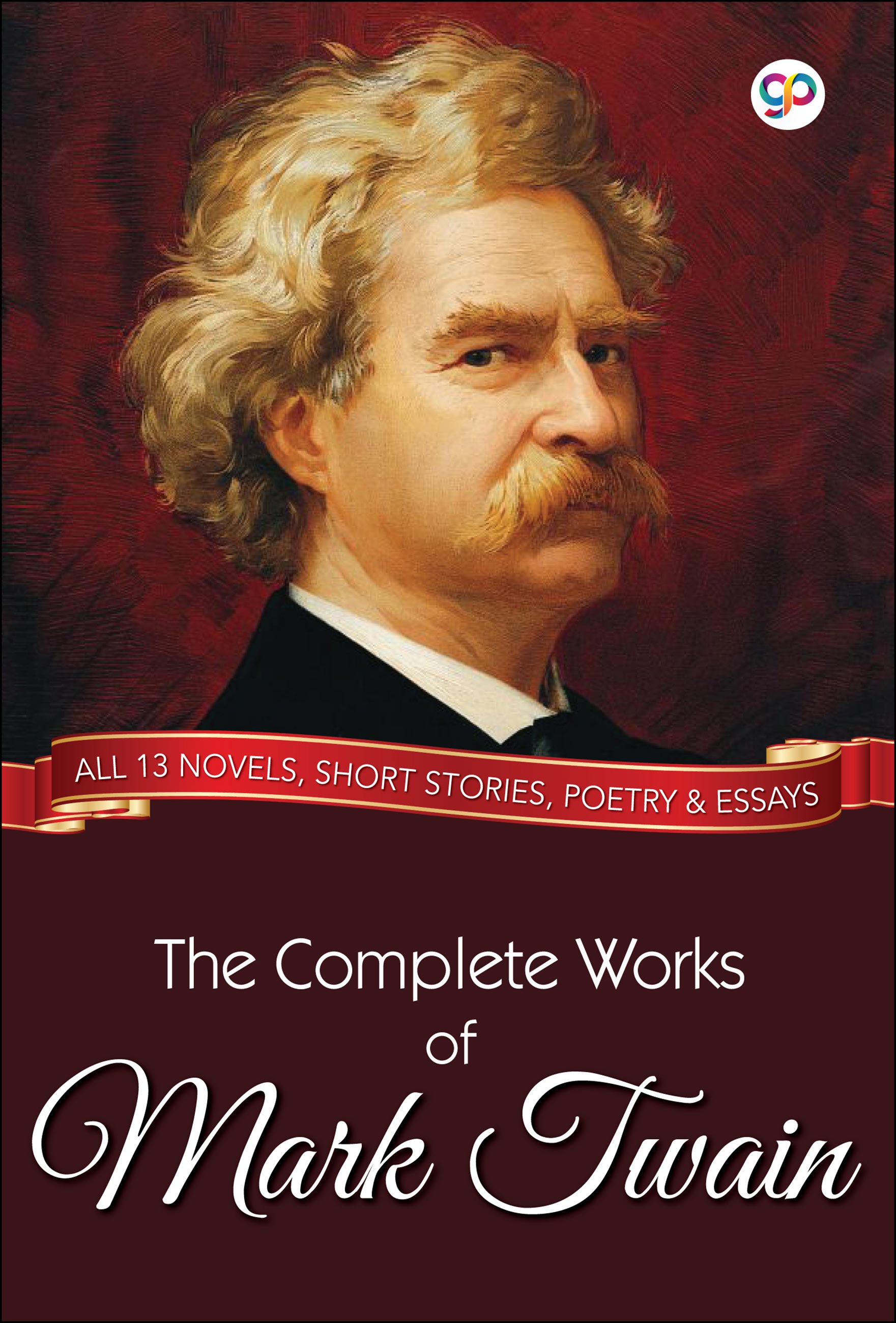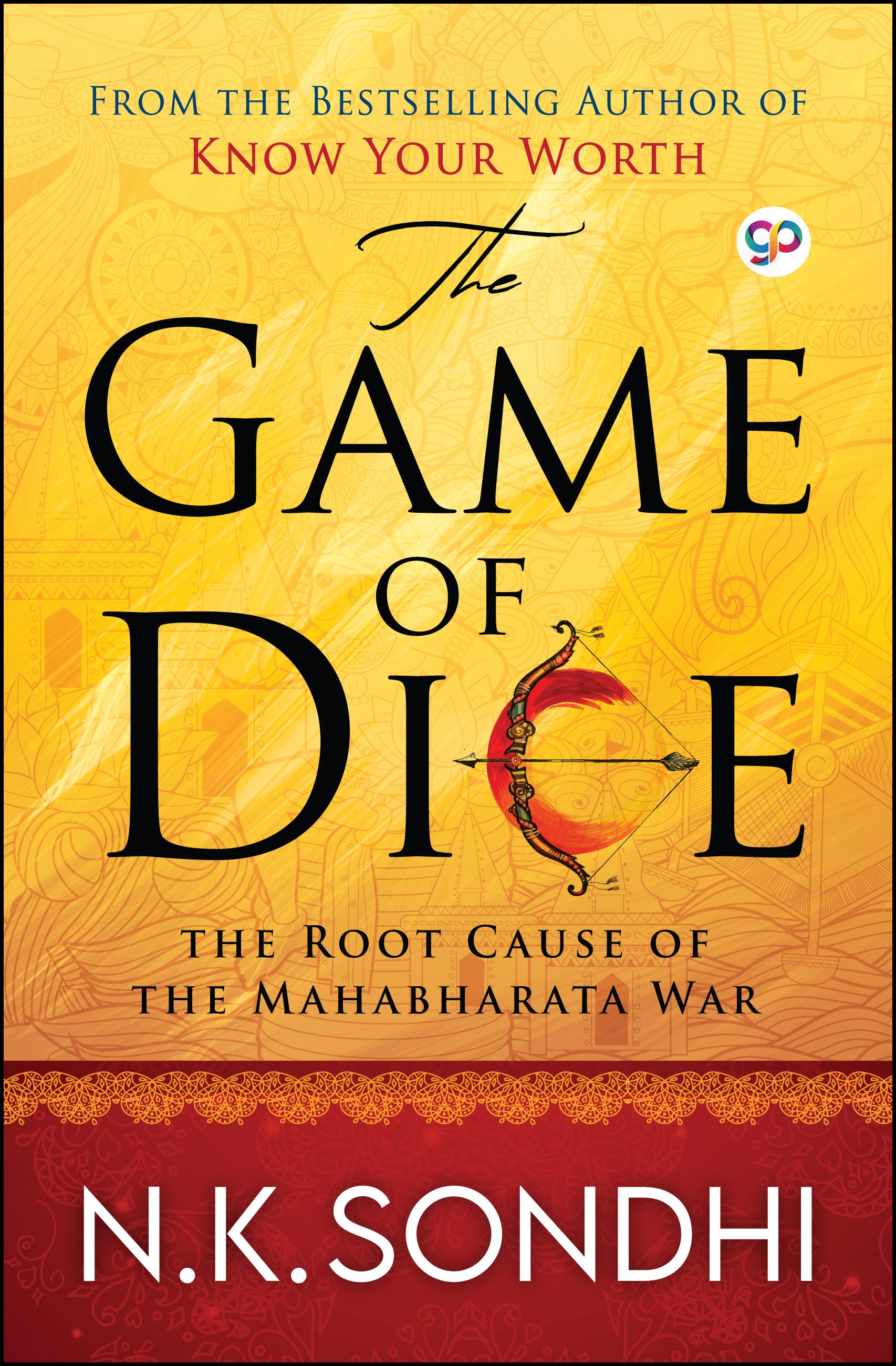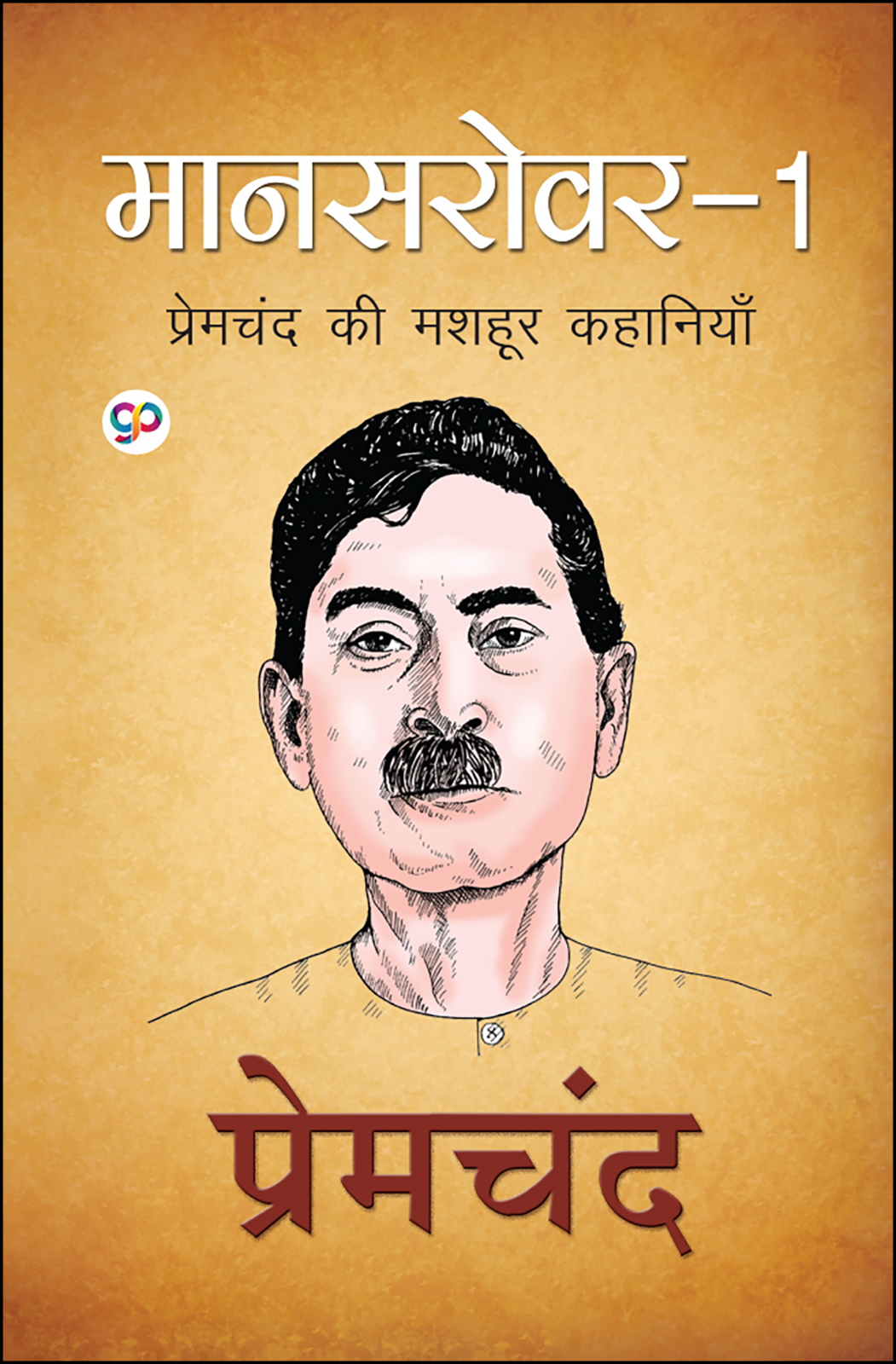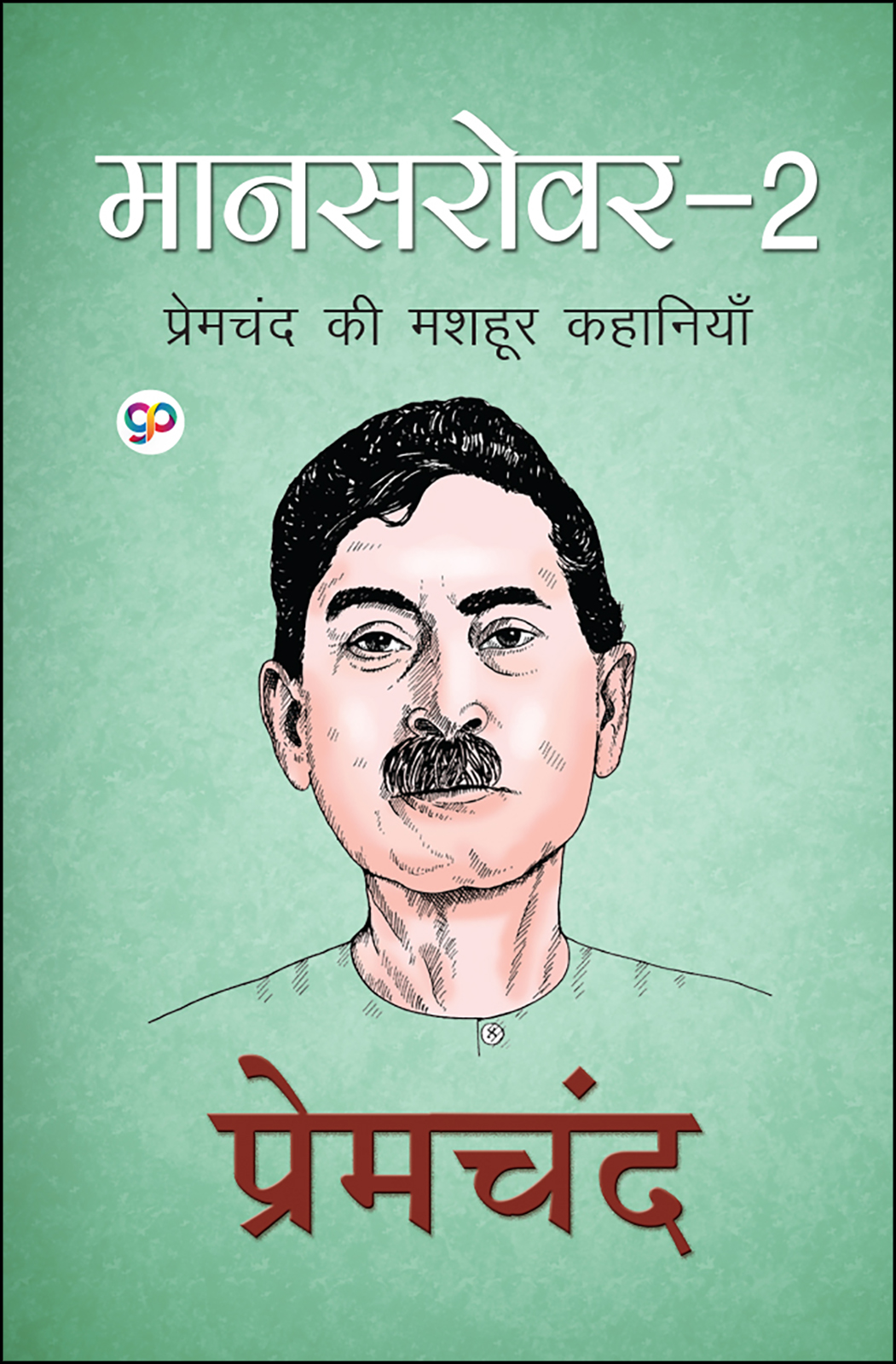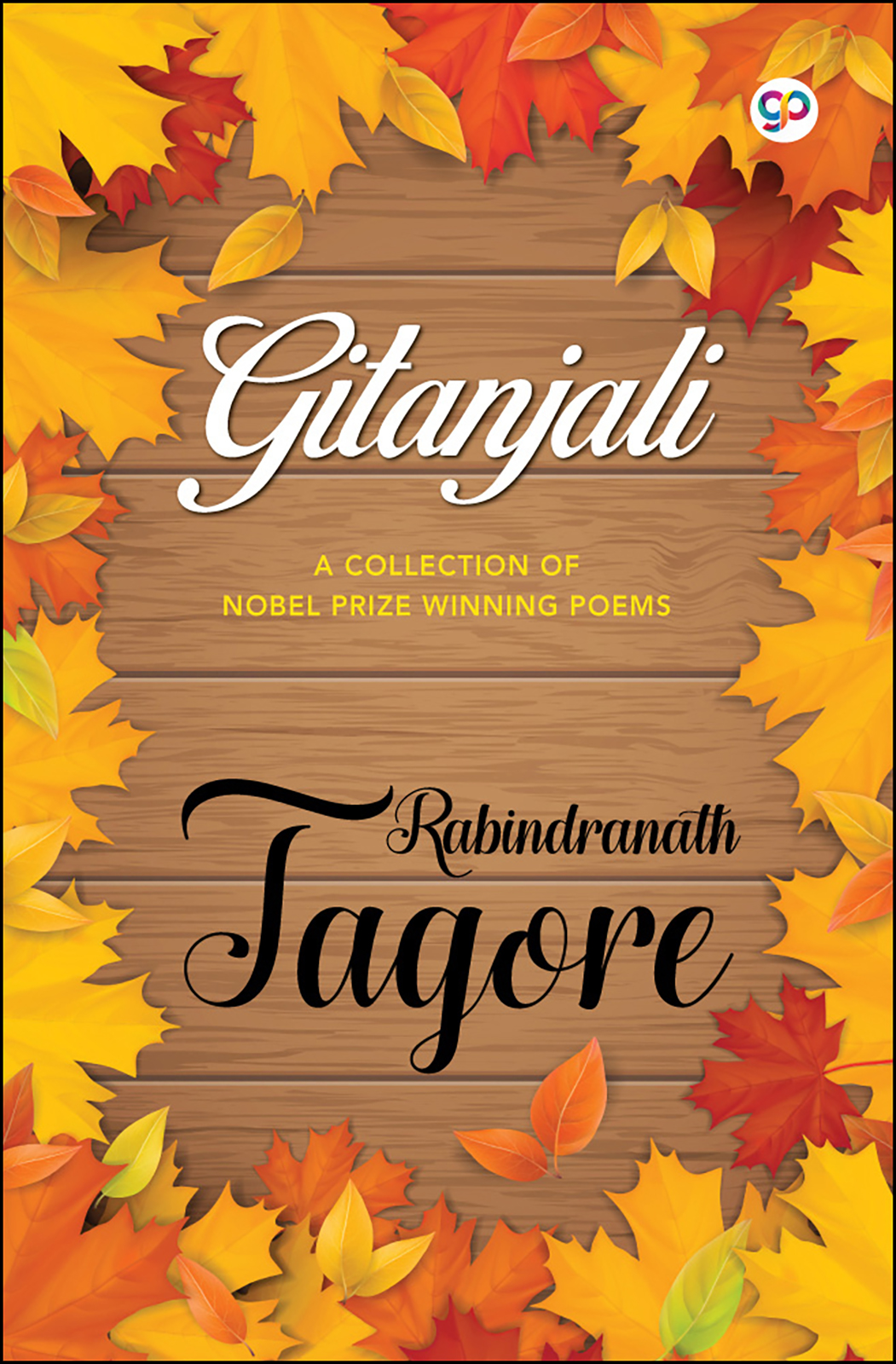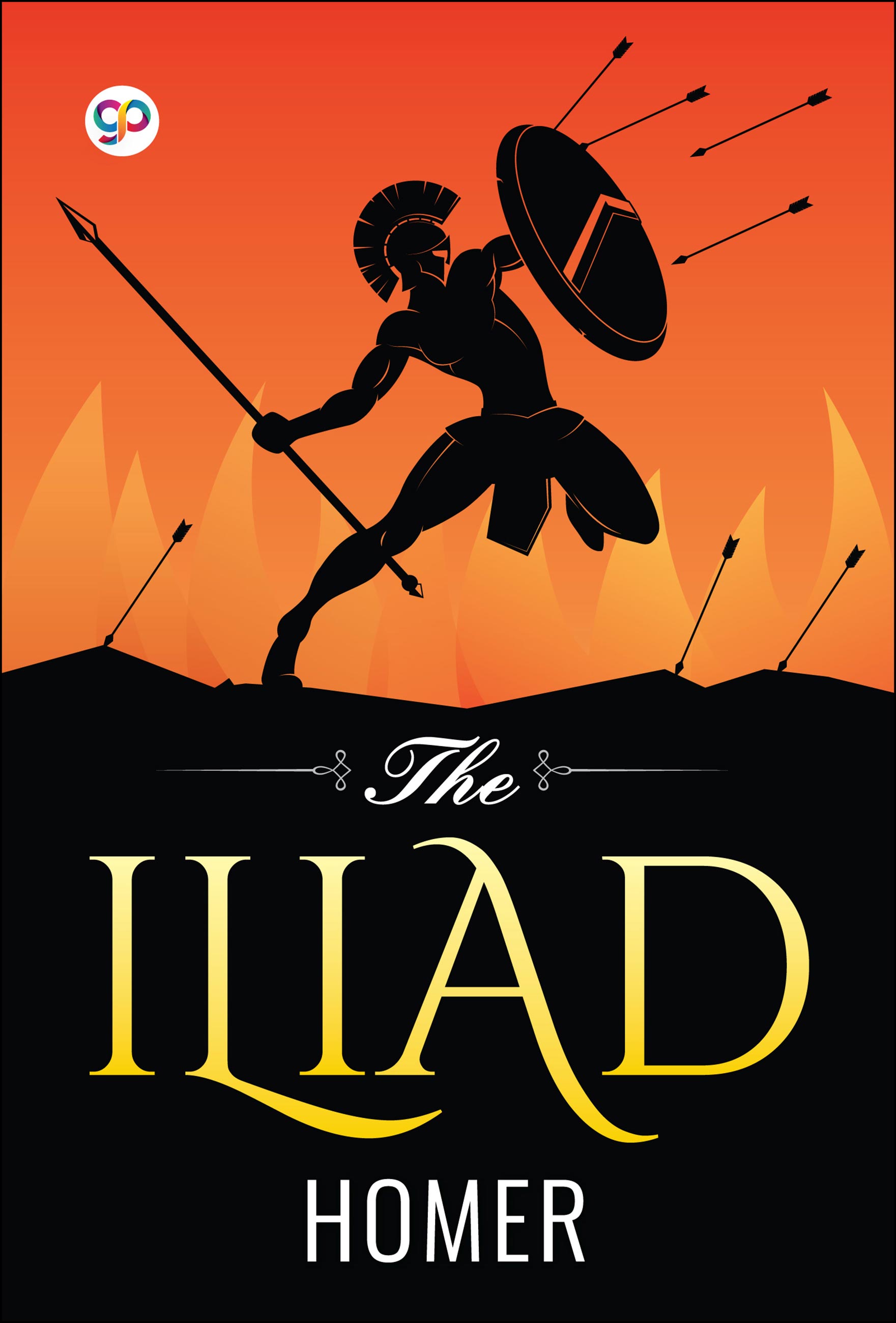
The Iliad (eBook)
One of the oldest extant works of Western literature, the 'Iliad' is a timeless epic poem of great warriors trapped between their own heroic pride and the arbitrary, often vicious decisions of fate and the gods. One of the greatest stories ever told, 'Iliad' has survived for thousands of years because of its insightful portrayal of man and its epic story of war, duty, honor, and revenge. After nine years fighting the Trojan War, the Greeks sense imminent defeat. The gods have cursed them with a plague; the Trojans have set their ships on fire; and their best warrior, the impenetrable Achilles, has turned his back on them. But when the Trojans go too far and kill Patroclus, his beloved brother-in-arms, Achilles returns to the battlefield with a vengeance so terrible that it shocks even the gods.
BEST SELLERS
About the Author
Homer' is best known as the author of the Iliad and the Odyssey. He was believed by the ancient Greeks to have been the first and greatest of the epic poets. Author of the first known literature of Europe, he is central to the Western canon. When he lived, as well as whether he lived at all, is unknown. Herodotus estimates that Homer lived no more than 400 years before his own time, which would place him at around 850 BCE or later. Pseudo-Herodotus estimates that he was born 622 years before Xerxes I placed a pontoon bridge over the Hellespont in 480 BCE, which would place him at 1102 BCE, 168 years after the fall of Troy in 1270 BCE. These two end points are 252 years apart, representative of the differences in dates given by the other sources. The importance of Homer to the ancient Greeks is described in Plato's Republic, where he is referred to as the protos didaskalos, "first teacher", of tragedy, the hegemon paideias, "leader of learning", and the one who ten Hellada pepaideuken, "has taught Greece". Homer's works, which are about fifty percent speeches, provided models in persuasive speaking and writing that were emulated throughout the ancient and medieval Greek worlds.


